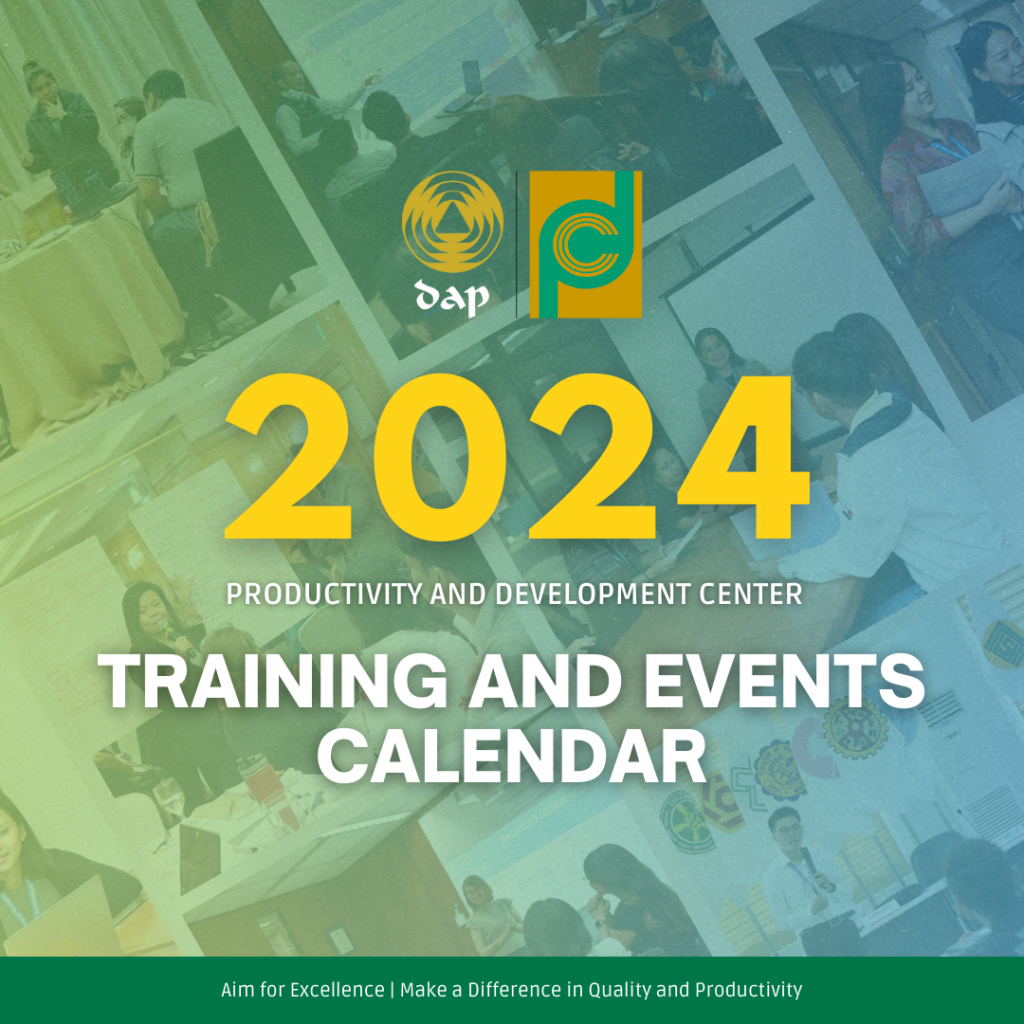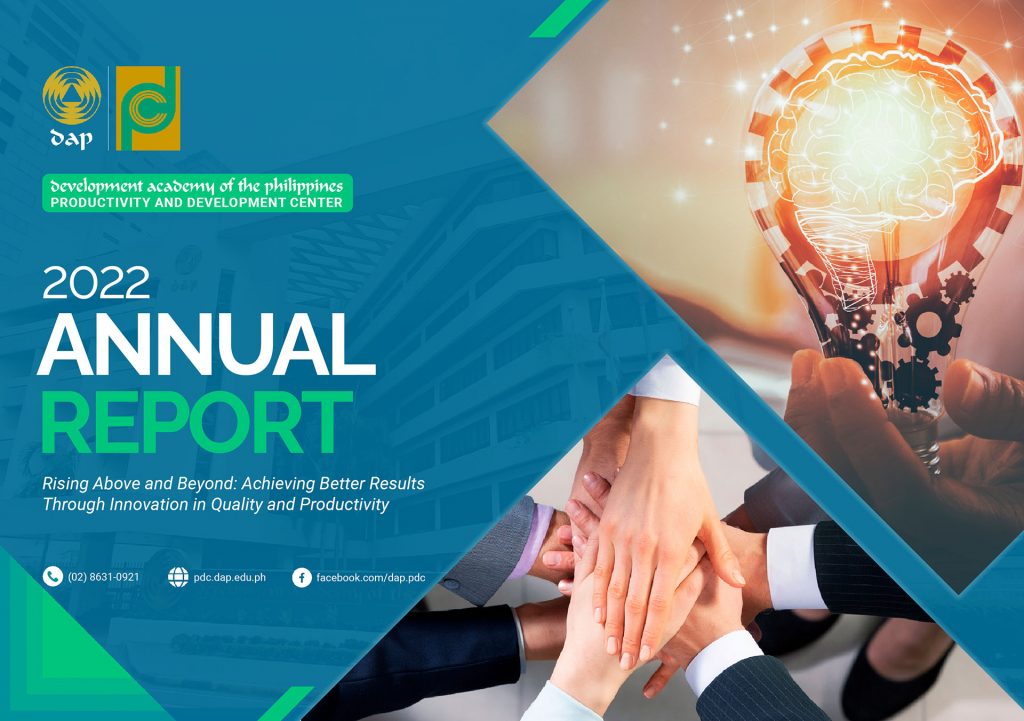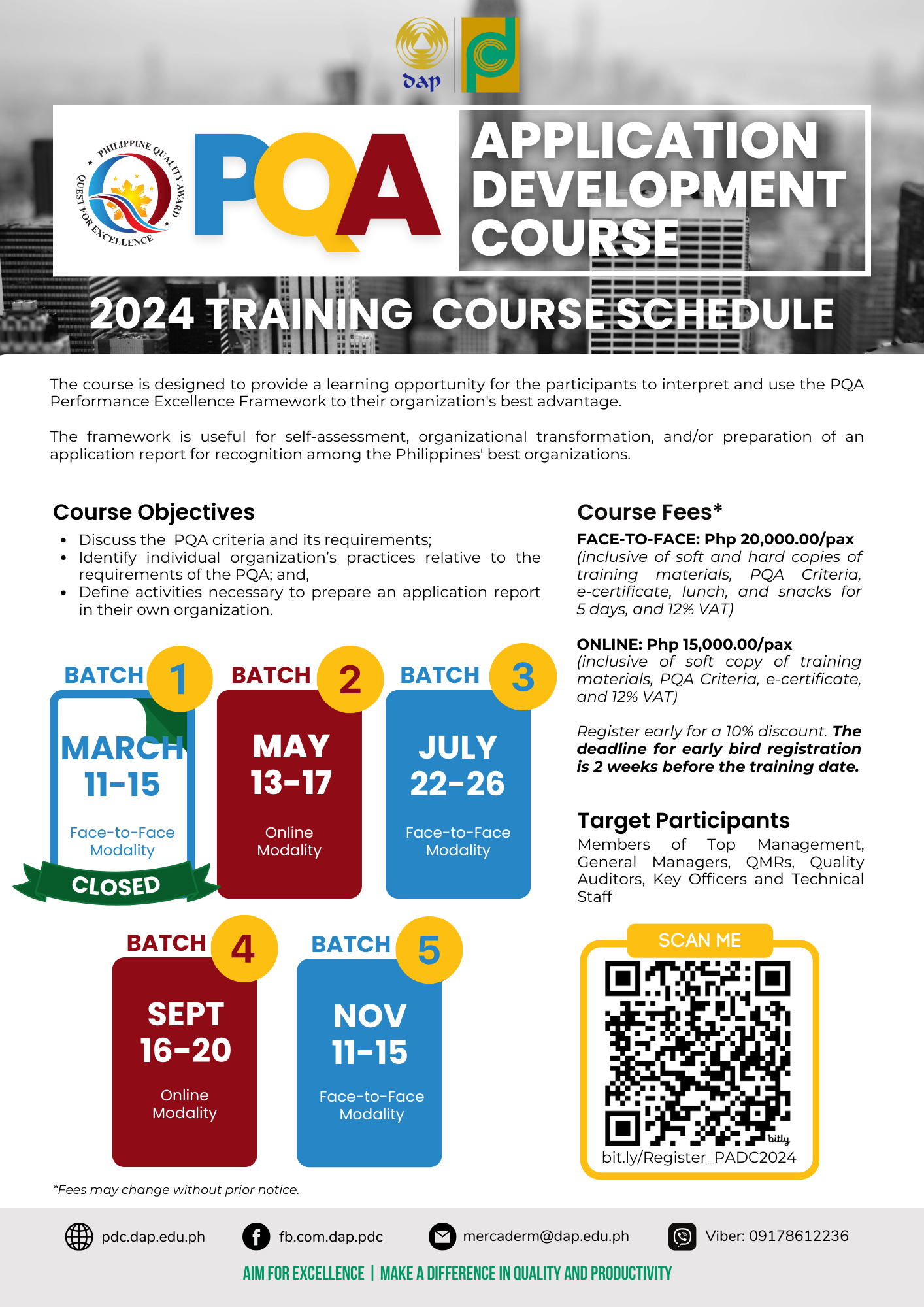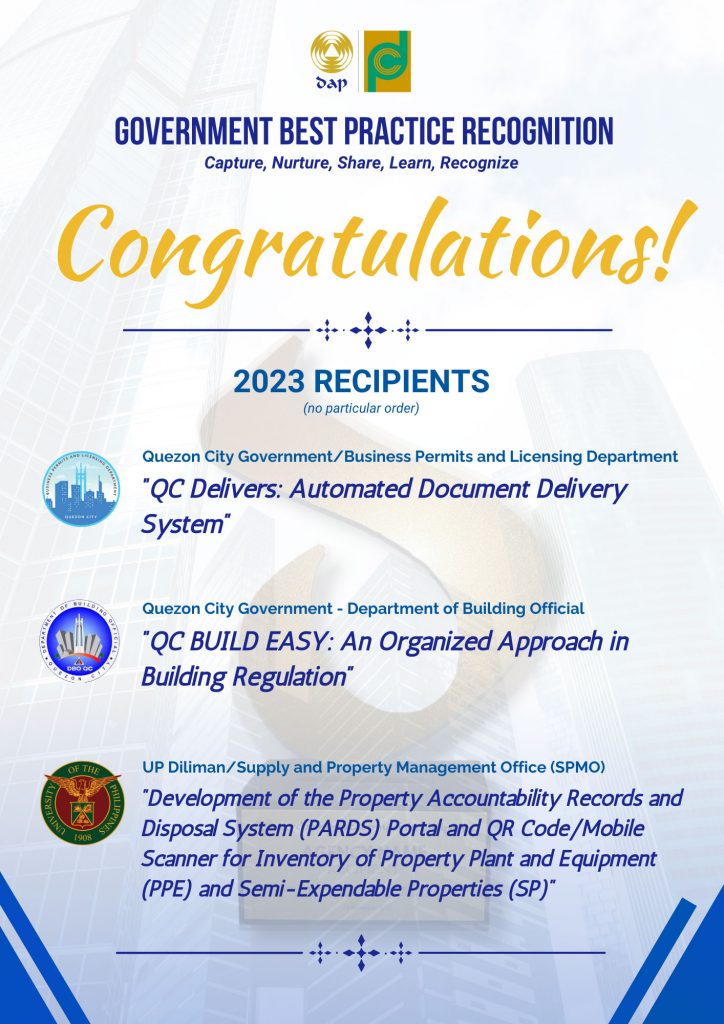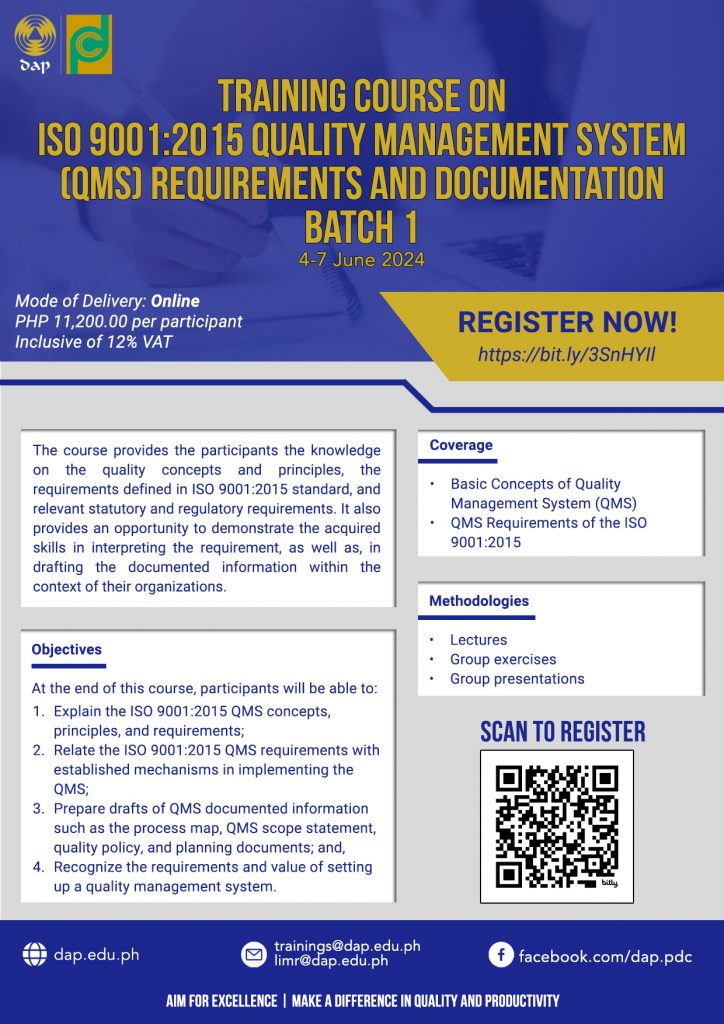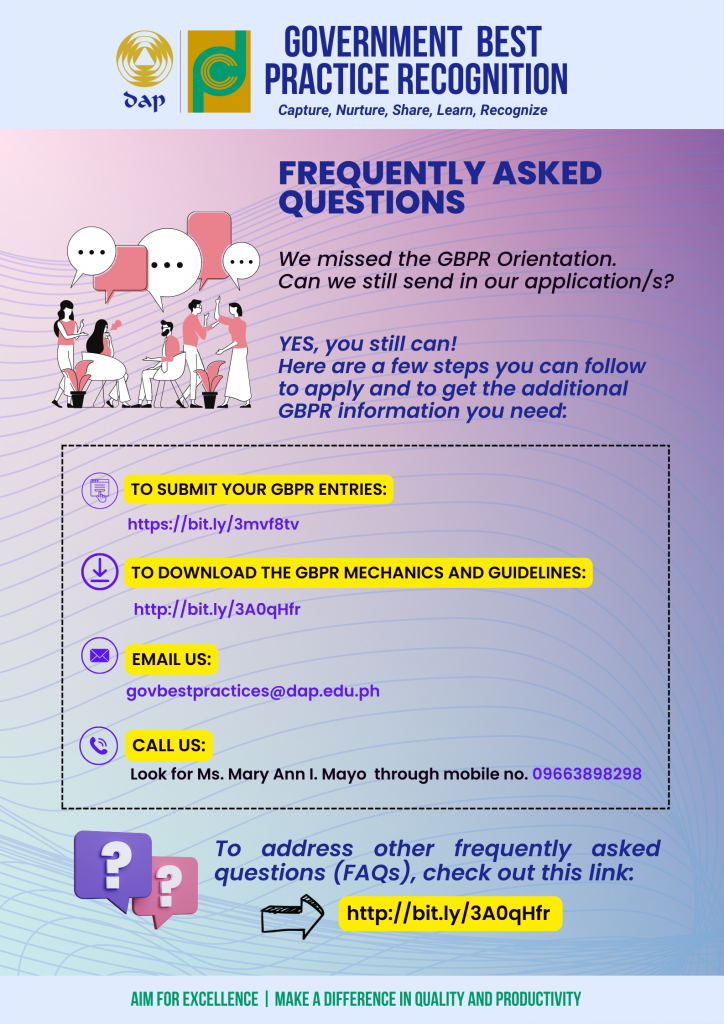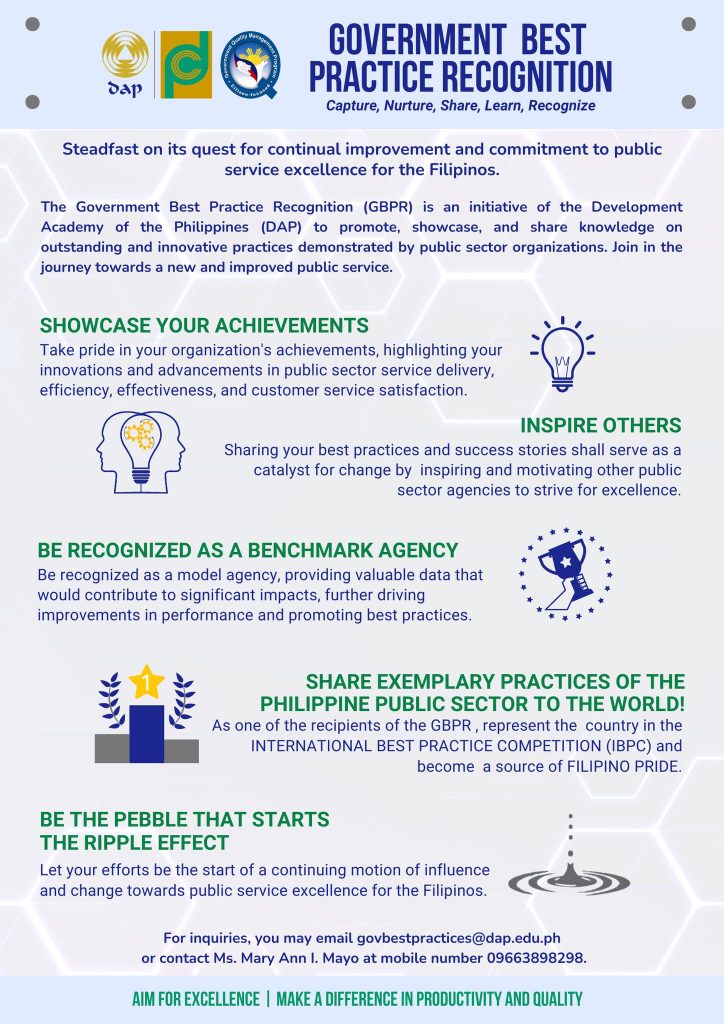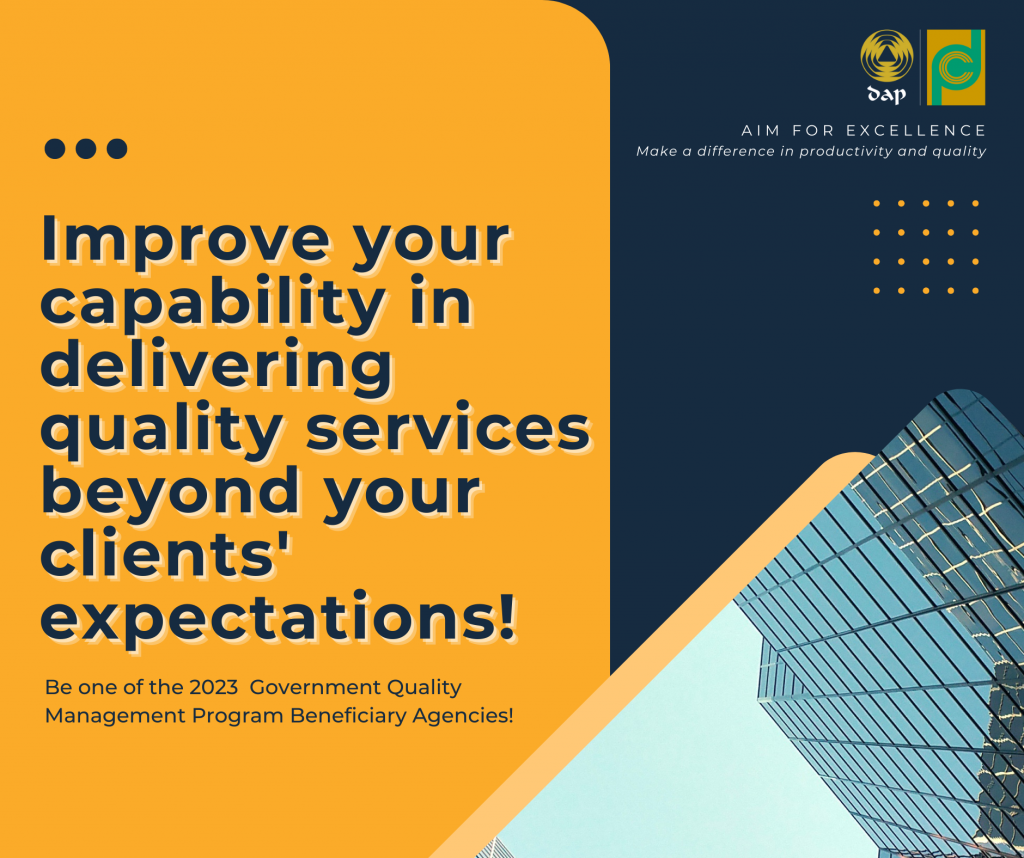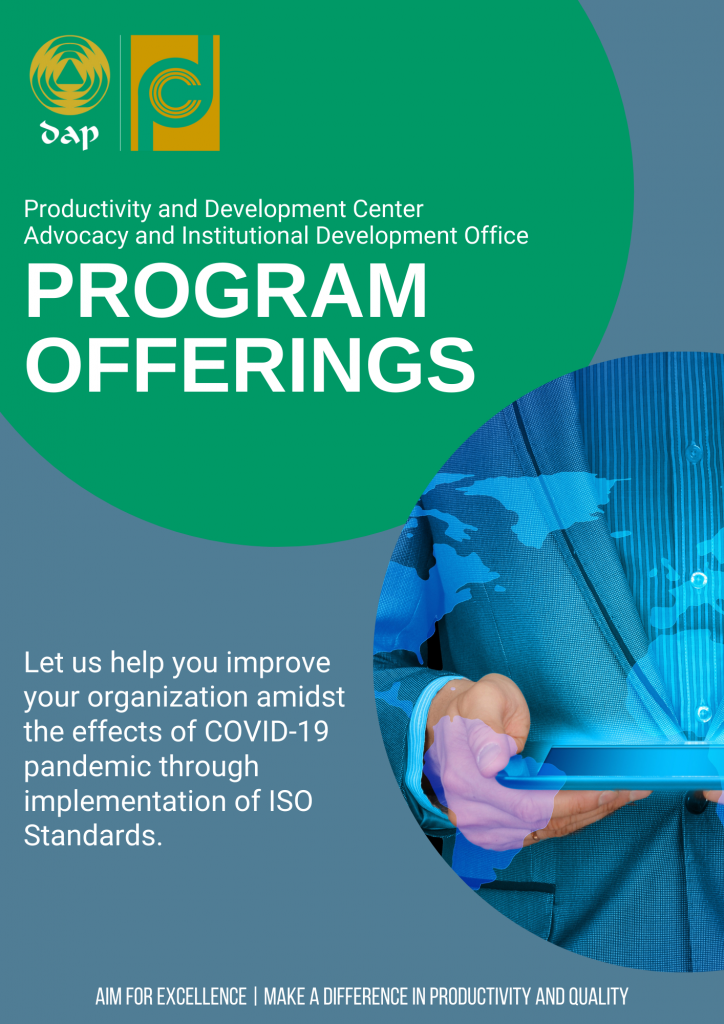Among the initiatives to increase awareness, to contribute to the adoption of good regulatory practices in regulatory agencies, and to disseminate the program between stakeholders, the MGR Program completed the following publications:
DAP Guide on Stakeholder Consultation 2018
Effective stakeholder consultation is fundamental in removing obstacles to improvement of regulation, for instance, in developing Regulatory Management Systems (RMS) and conducting Regulatory Impact Assessment (RIA). Gaining a wider perspective can lead to better solutions and pathways to regulatory reform and development.
In various endeavors towards progress, stakeholder consultation promotes good governance, transparency, citizenship, and accountability. The publication of this guidebook seeks to enhance current government efforts in engaging its stakeholders. The Guide on Stakeholder Consultation, as a first of its kind, puts together international best practices and principles that can be considered by those who value the interconnectedness of everyone.
DAP Benchmarking Study on Regulatory Management in Agri-Fisheries Sector 2020
Food Safety is a primary concern of every economy, Philippines included. In fact, food safety, together with consumer welfare and protection, are the primary bases for the regulatory processes imposed during the business development cycle for agrifood enterprises. However, no matter how good the intents may be, the manner, with which these regulatory processes are implemented and enforced may lead to unintended outcomes, defeating the very purpose of their formulation.
Upon assessment, participatory action research and benchmarking were found to provide the learning venue with gained insights from regulatory review and benchmarking, finding ready application through recommended enhancements at the completion stage.
DAP Guidance Note on Regulatory Cost Model on Compliance Costs 2020
Estimation of regulatory compliance costs is a significant component of RIA as it provides key inputs in the assessment of regulatory options. Thus, the DAP, as part of its MGR Program, initiated the development of the Regulatory Cost Model (RCM). The model facilitates a systematic approach in estimating regulatory costs of compliance and helps Philippine regulatory agencies to be more informed in their formulation of regulations.
As the Philippine government endeavors towards the streamlining of its processes, the publication of this guidance note seeks to enhance current efforts in formulating simpler, smarter, and better regulations that ultimately benefit the economy.
DAP Guidebook on Regulatory Impact Assessment for the Public Sector 2020
The Regulatory Impact Assessment for the Public Sector 1st Edition was primarily developed for the use of regulation authorities tasked to create, develop, and manage regulations. RIA ensures the quality of regulatory proposals by critically measuring their positive and negative effects through a rigorous, well-defined, and evidence-based analysis.
There were five (5) modules included in the guidebook which are:
- Regulation and its Rationale
- The Need for Regulatory Reform
- Good Regulatory Practices
- RIA
- Steps in Conducting RIA





